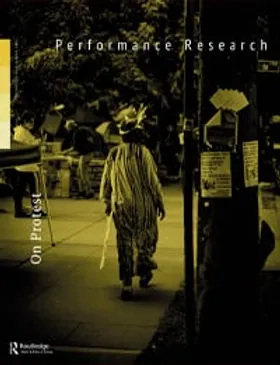Speaking truth to warlords
Banned Afghan MP Malalai Joya on her country’s corruption, the bravery of women and being squashed between two powerful forces
The life of Afghan MP Malalai Joya has become an inconvenient truth about the war in Afghanistan. Rather than showing that Afghan women have been liberated since NATO tanks and troops rolled into the country, Joya has had to brave censorship, threats of violence and four assassination attempts under the new regime. In 2007, she received a three-year suspension from parliament for claiming it was “a stable” filled with warlords and drug barons. She is currently touring North America to promote her memoir A Woman Among Warlords, which she co-wrote with Vancouver journalist Derrick O’Keefe.
“As a women’s rights activist in
the period of the Taliban it was risky. Now even with a burqa [and]
bodyguards I’m not safe,” says Joya on the phone from Seattle.
Joya’s parents fled their native country during the Soviet invasion
for Pakistan, before establishing themselves in Iran. She snuck back
into Afghanistan at the age of twenty, where she organized schools
for girls under the nose of the Taliban. The fall of that regime
should have made her work easier, but she soon found the newly
installed Northern Alliance leaders no better than their
predecessors.
“After 9/11, the US and
NATO—including the Canada government—unfortunately pushed us from
the frying pan into the fire because they brought in power the blood
and creed of the Taliban. For these misogynists killing a woman is
like killing a bird.”
In 2003, Joya was elected to the Loya
Jirga, a body convened to ratify the country’s new constitution.
Shocked to find herself amid Mujahideen warriors she recognized as
war criminals from the pre-Taliban era, she used her chance at the
mic to say they should all be tried in international courts. They
reacted by shouting threats and hurling empty water bottles at her
(not exactly helping their reputations) and Joya has been under UN
protection ever since. Unperturbed by this, she went on to become the
youngest person elected to the Afghan National Assembly in 2005, at
the age of 25.
Joya remains deeply disturbed by the
situation of women in Afghanistan. “When you go in Kabul and some
big cities some women have access to a job and education, but in most
of provinces the situation is getting worse,” she says. “Rape,
domestic violence, attacks, killing of women are increasing rapidly
and all of these crimes are happening under the name of democracy.”
Even the election of women candidates
during the recent election has little effect on the situation, says
Joya. “Most of these women who are in power have symbolic roles.
But outside of the parliament we have lots of activist women, brave
women also. They are still underground activists. There are no
‘honourable’ jobs for them.”
Joya thinks two things need to happen
before peace can come to Afghanistan: the departure of foreign troops
and the prosecution of warlords. “Your government says that if the
troops leave Afghanistan, civil war will happen. But nobody’s
talking about today’s civil war. The longer troops stay in
Afghanistan, the worse the civil war will be. Now my people are
squashed between two powerful enemies. From the sky, occupation
forces are bombing, killing civilians. On the ground, Taliban and
warlords continue their faction fighting.”
Joya has so far been able to dodge
bullets from both sky and ground and remains determined to help women
in Afghanistan get back the rights she says they enjoyed in the 1970s
and 80s. It’s a gruelling task, but it’s won her supporters
around the world.
Malalai Joya speaks at
the
Marie-Gérin-Lajoie
auditorium
at UQAM Tuesday November
24 at 7 p.m.
More information at:
Montreal Mirror 19 November 2009 (this is the unedited text)



Comments
Post a Comment